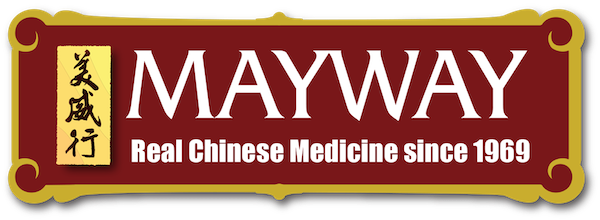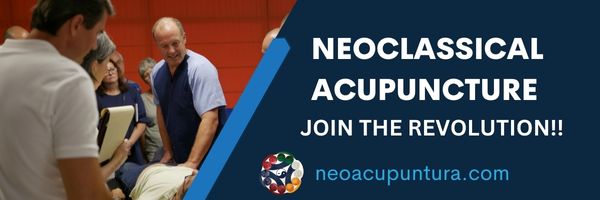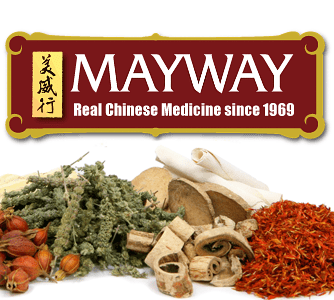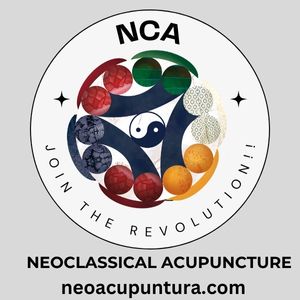In the early 80’s as acupuncture was emerging into the mainstream culture in the West, it developed differently in response to the established medical and educational systems already in place.
In the USA there was no national health service, while in the UK, that was a pillar of the socio-political landscape.
Sybil Coldham was not a practitioner of acupuncture, instead she was involved with the education of acupuncturists and found herself in the center of cultural and political forces that had and have, an influence on the profession. She’s the focus of a documentary that was discussed in episode 363 Acupuncture’s Journey to the West.
Listen into this discussion about building standards from scratch, pushing back against guru culture, the politics of legitimacy, and how Chinese medicine has both struggled with and resisted being absorbed by mainstream systems.
In This Conversation We Discuss:
- The founding of the London School of Acupuncture
- The “second wave” of acupuncture in the UK
- Challenges of legitimacy in a Western medical culture
- Early debates about standards, accreditation, and professional registers
- The role of clinical training and learning in China
- How idealism fueled early acupuncture education in the UK
- Political and cultural resistance to integration with the NHS
- The rise of evidence-based medicine and its limitations
- The closure of university-based acupuncture programs
- The hidden influence of public prejudice and media narratives
- The need for community and support as schools disappear
- Hopes for the future of Chinese medicine amid changing cultural tides
Always start with the person in front of you. The theory is fascinating, but as a guide not a sacred text.
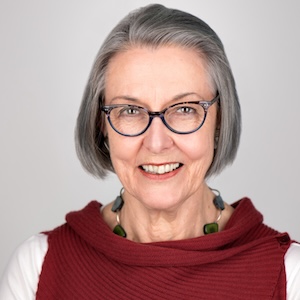
Sibyl Coldham
I started working in Chinese Medicine education with the London School of Acupuncture and TCM in 1983. The founders were my friends. They were committed to a better way of teaching than they felt they had had themselves, and in particular, wanted to put clinical practice at the heart of the course. I was a trained teacher, committed to experiential learning. Together we developed ways of articulating what basic and high quality work at each stage of the course looked like (assessment criteria). Alongside this, I encouraged teachers to shift from primarily delivering theory to using symptom pictures and modified case scenarios so that students could tease out how the theory worked in practice.
As the course grew we realised that one of our responsibilities as educators was to develop students’ awareness of their own need to evaluate their own progress and development needs. We introduced reflection initially as a learning tool, but as the course and the profession developed this became a cornerstone of the School’s clinical practice ethos. The London School of Acupuncture joined the University of Westminster in 1997 as the first full-time degree course in acupuncture in the UK.
Links and Resources
Acupuncture’s Journey to the West is a documentary that chronicles the early days of acupuncture emerging in the UK.


